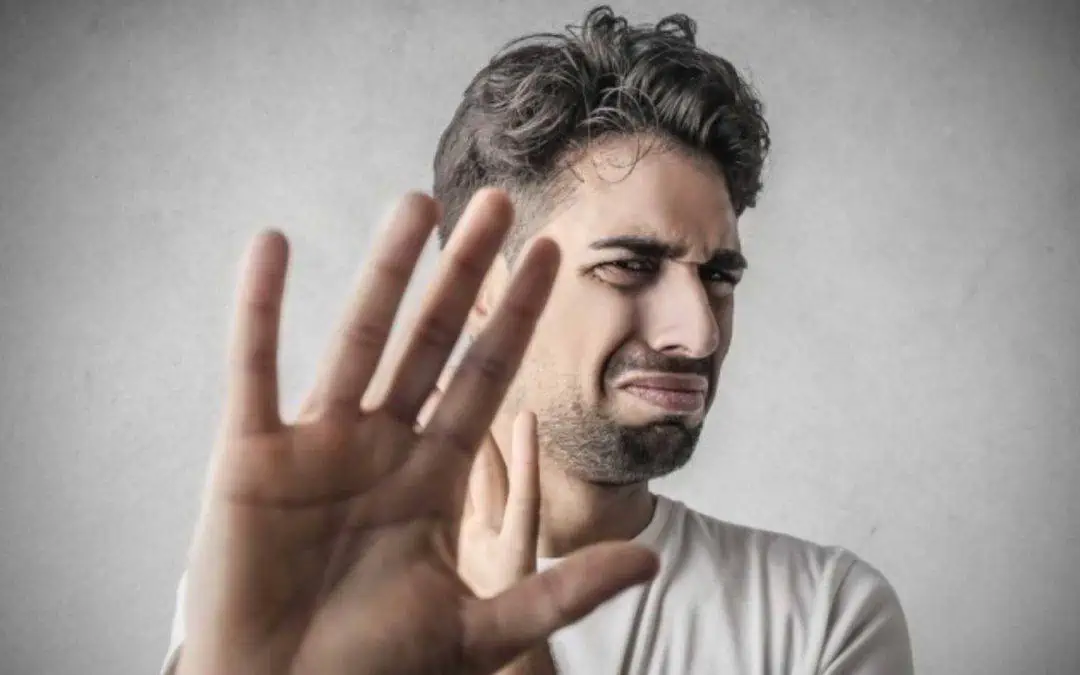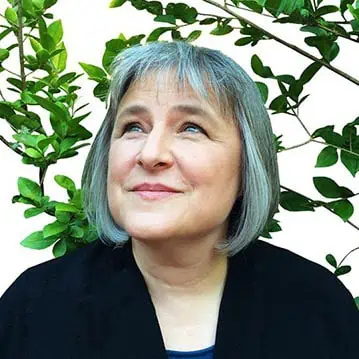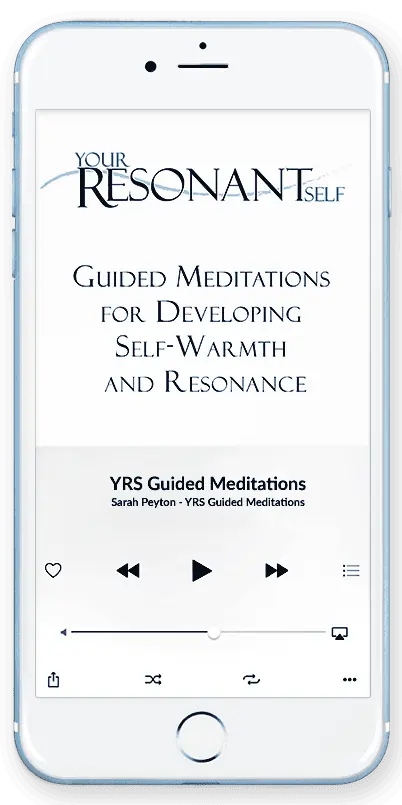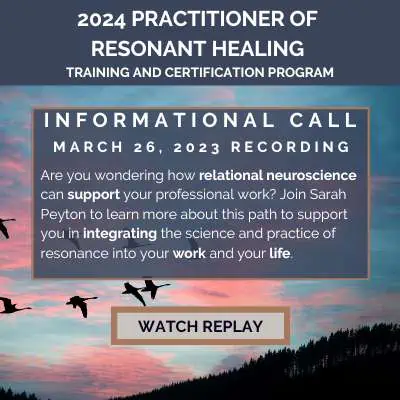The Neuroscience of Privilege, Power and Status
As humans, we are at the effect of our brains’ effort-saving capacity to make patterns out of everything around us. We make patterns about whether to depend on others, how to see the world, what groups we belong to, who is worth spending attention on, and how important people are. Each of these patterns has consequences for the way we treat the people around us, as well as for our ability to live nonviolently. The more we know about our own patterns, the more choice we have. This article will take you through the most important tendencies we have in relationship to groups, and end with remedies we can all practice to counteract the automatic labor-saving devices of our human brains.
Why we need others
Humans are made to be social. Children’s brains, when they are neglected, literally starve to death and do not develop. At the same time brains are nourished on relationship they are extremely vulnerable to the social pain of exclusion. Humans are exquisite measuring instruments for how engaged others are with us, how much our voices matter, how loud we can laugh, and whether we can show sadness and still be acceptable.
Dr. James A. Coan, social neuroscientist, has found that friends and partners keep us healthy, that we’re made to be in relationship. Coan says we’re hard wired to be physically close to people in our community in three specific ways:
- Sharing danger. We affiliate, e.g. Black Lives Matter, #MeToo, international refugee advocacy, and the Tikkun community: to have a sense of community, a sense of shared meaning, and to distribute risk.
- Sharing the load. We help each other to lighten the load: significant others, friendships, joint projects, shared finances, co-parenting, work teams, co‑housing communities — all of these decrease stress and increase well-being. When we are accompanied, pain decreases, mountains are less steep, and life is easier to live.
- Emotional co-regulation. Sharing emotions: when we are not supported by others, our resources deplete more quickly, disrupting our lives. It’s harder to bond, problem-solve, direct attention, think, and plan. Life without relationship is more metabolically expensive than sharing our emotions. (And even saying that, as a North American, I can feel my own disbelief. I was raised in a world where I was supposed to take care of myself. That was the highest value, not being dependent on others. So it’s a very rich and confusing area of exploration; even though I can feel the way that warm relationships change my brain and how certain things become effortless with support, it’s still a conundrum for me to really face the importance of interdependence.)
As humans, we have two ways of being
According to neuroscience writers Iain McGilchrist and Allan Schore, humans have two ways of perceiving the world, both based on the different neural structures of the brain’s hemispheres: the left hemisphere works with language and people as useful tools; the right hemisphere experiences humans as infinite souls, and language is about meeting these souls. We can call these approaches “instrumental” and “relational.”
Without warm, resonant relationship, the neurons of co-regulation (remember Coan?) don’t grow the way they are supposed to, the relational brain starves, and emotional chaos results. (This happens when the parent’s relational brain has never been structured, and the child has been raised by an instrumental brain instead.) As a result, people try to survive by functioning with just the instrumental brain to rely upon. Imagine a little marching army that can’t see very far ahead of itself and can’t receive feedback. For example, it says: “Okay, alcohol solves my problems. The last time I had a problem and I had a drink I felt a little better. I should drink alcohol all the time.” Or “What do I need to do get all the money I can? How can I alter the tax structure of the United States so that I personally pay fewer taxes, no matter the cost to my country?” Without the relational brain on board, it’s difficult to see the big picture or to reference a desire for global well-being.
For the left hemisphere, groups are hierarchical. Someone is in charge: there is rank among the members. Who is most powerful, has the most status, is best looking? Who gets paid the most? The left brain, our instrumental part, sees any group as an opportunity towards amassing as much power and status as possible. The left hemisphere, left to its own devices, cannot live non-violently.
For the right hemisphere, relational brain, groups are circular: they consist of many different amazing and infinite beings that are coming together. They may be be deeply committed to some kind of purpose. Everyone matters. Everyone can contribute. For the right hemisphere which has been structured by warmth and clear understanding, non-violence and inclusion and creating belonging are possible intentions.
Belonging is a double-edged sword
Belonging feels good, but it creates in‑groups and out‑groups. This means we divide the world into two groups; those we belong to, and those we don’t. Without conscious awareness, we divide the world by skin color, by gender/nongender, by age, by class, by education, by religion, by political affiliation, by morality, by body size, by beauty, to mention only a few possibilities. We do this because it’s energy efficient for brains to make patterns. Knowing we do this helps us to compensate.
Brain-literacy also helps us to understand that everyone’s brain has racial self‑identity networks. Even though the word “race” is not founded in any science, in the presence of people we consider to be “our race”, the brain lights up and helps us imagine ourselves as them. But people we consider to be “of other races” appear to the brain as non-self. One of the scariest patterns that human brains make is to see other humans as non-human. When we walk down the street, and we will see and notice the people that look like us, we will think about them, wonder about them, and imagine their lives. If we’re not clear that this happens, then we will automatically place other “races” into the non‑self categories, and we won’t even wonder about or perceive their experience.
Being in an in‑group, and avoiding being in out‑groups, is so tempting because of the neurochemical response we have to belonging. The more that we focus on our in‑group, the more we are rewarded by flows of the bonding hormone, oxytocin. The more oxytocin there is, the more we tend to ignore the existence of out‑group folks. When we belong, we run on the three most powerful feel-good brain chemicals: oxytocin, dopamine, and endogenous opioids.
Social exclusion, on the other hand, feels awful – it creates social pain (which shows up in the brain in the same place as physical pain) and it more easily creates trauma memories than physical pain does. The more we are a member of an out‑group, the more we experience social pain. Immigrants, for example, experience more social pain than nonimmigrants do, and the loss, exclusion, and not belonging of the immigrant experience impact their stress regulation.
The greater our sense of belonging, the less accurately we tend to decode emotions that the out‑group is expressing. Our attention is on the in-group members. We may not even see out-group people’s faces clearly. We may not engage our social neural networks to read their nuanced emotional experience. We tend to not even realize that people of other “races” are feeling pain. But the more contact we have with other people, people of other “races,” the more our brain automatically includes them as a part of our world, and the more our brain can see and acknowledge their pain. So one of the things we get to do, one of the remedies for unconscious brain patterning, is to be in contact with people who do not look like us, so that we can effortlessly see them as people.
Brain literacy helps us to understand the human tendency to make patterns and exclude others. A huge humility is required to come into contact with our brain’s infinite capacity to efficiently make patterns and form in-groups and out-groups, but: it helps so much to hold ourselves with gentleness and compassion to use a little more energy to see our world more inclusively.
Let’s take a look at what we need to know about power and privilege in order to have brain literacy about our position in groups and in society.
Power and privilege in groups
We draw power from anything that draws human attention: beauty, wealth, physical strength, sexuality, influence. The more power someone has, the more privilege they accrue, consciously or unconsciously. This is the Webster dictionary definition of the word privilege: “a special right, advantage or immunity granted or available only to a particular person or a group of people.”
There is conscious privilege: people with privilege will band together and make an explicit rule that other people can’t come in, e.g., neighborhood laws and covenants that prevented Asian, Jewish and African Americans from buying property in certain areas.
Then there is unconscious privilege. e.g., the ease of never having to think about skin color; or whether there’s enough money to buy gas, or food; or be able to get up the stairs; or any of the other million ways in which life is easy or not easy depending on which groups we belong to.
Our brains are also very likely to reward us for the gifts of our birth or of chance, by making us believe that we have received these gifts because we deserve them. Researcher Paul Piff from Berkeley has found that the more advantage a person has, the less likely they are to consider others. Even temporary advantage makes us believe that we are better than others.
This is particularly important because of the consequences of this belief on social decision-making. For example, people who believe they have earned their high status believe others have earned their low status, and are more likely to believe that the people with low status deserve punitive criminal justice.
As Piff explains: the more money you have, the higher your status, the less threatening the world is to you. You can pay rent or own a home, you can be late to work without losing a month’s income, and your neighborhood is safer. Such socioeconomic immunity makes people less ethical, more selfish, more insular and less compassionate. And the more power a person has, the more their brain tends to an unconscious bias against and dismissal of non‑power-holding groups.
How status makes us conform
Power does not exist when we are alone. It arises in groups: and the more power we have in a group, the more status we have. Oftentimes in groups, status is created by the direction of attention by the group leader. The more attention one member receives, the higher their status. For example, in classrooms, students who receive attention also receive dopamine as their reward circuits are activated by being noticed; if the attention stops, that person will have the sense their status in the group is going down, and the brain’s threat circuitry can be activated. Interestingly enough, just speaking to a boss or to any person of higher status also activates a status threat.
Our brains automatically track people by social status — when we learn new faces, we store those faces by social ranking. The imaging that can be done of brain activity shows this – when people look at photographs of faces, their brains assign status to the face they are seeing.
To return to the brain’s hemispheres: the left hemisphere is the measuring brain, and it is where status lives. Where everybody tries for higher status, there is a decrease in relatedness (we lose the right hemisphere). Relational play (distinct from competition) disappears when the instrumental brain has sway. When a person is privileged or when they have power and status, their ability to receive feedback is compromised.
Every area of privilege brings more power. The members of more powerful groups have more power to form laws and shape what we call morality. Morality and a sense of the world being fair arises from the judgments of the people who have the power. The more power they have, the fairer they believe the world is, and (this brings us back to Piff’s research) the more they tend to believe that they have earned their advantage.
Power actually impairs “mirroring,” the ability to track and decode others socially. The powerful stop mimicking others: they don’t laugh when others laugh; they don’t become tense when others are tense, so they don’t experience the feelings others are experiencing. Research subjects primed to remember a time when they had power acted as if they had suffered a traumatic brain injury: they became impulsive, less risk aware, and less able to see things from other people’s point of view. Consciousness of this phenomenon didn’t help. In a later research project subjects were informed of the importance of mirroring, and asked to make a conscious effort to increase or decrease their response, but their efforts did not make them more able to see those with less power. However, when they were returned to humility by being asked to remember powerlessness, their mirroring responses came back on line.
Laughter changes depending on one’s status in a group. Dominant laughter conveys higher status. Dominant laughter, big body movements, disinhibited laughs versus submissive, constricted, inhibited laughs, show where people are located in the power structure of their groups. At the same time, humor is something that allows people to change their status. (To understand this, think about how attention is one of the currencies of power – for example, think of the attention that class clowns receive, their status, and the difficulties teachers, facilitators and group leaders can have with jokesters.)
Remedies:
It can be painful to come to terms with our human tendencies toward exclusion and not seeing others. Sometimes, before we get to the point of mourning, acceptance, and commitment to practices that are counteractive, we go through a phase of believing that these things may be true for other human brains, but we are somehow immune. I still spend time wishing I were immune to making patterns of exclusion, especially when I find research that shows how exclusion shortens others’ lives. Luckily, once we accept our responsibility in every area where we have power and belonging, there are clear remedies and practices that support living non-violently:
- Warm and resonant relationships. The lower anyone’s sense of status, the worse their health is. Poverty itself brings poor health outcomes. Warm and understanding care are the compensating factors for socioeconomic status; they make a person’s health better for all of their lives, even if they were born into poverty. Resonant relationships transform us throughout our lives – it’s never too late for warmth and understanding to change brains.
- Letting ourselves see and be with people who do not look like us or do not live in our particular socioeconomic group humanizes them for us and stops our brains from excluding them. This helps our general health, too, since our cortisol actually spikes when we are prejudiced, when we see others as not human.
- Being clear about the benefits of integration. When people of high social class simply list three benefits of treating others as equals, it temporarily lowers their levels of entitlement to nearly approach those of the lower class, along with the empathy benefits that come with equality.
- Awareness of needs like connection and community, as opposed to strategies for wealth and status, is protective and lowers our stress levels. If we are more connected to how important our family and friends are to us, as opposed to being committed to the pursuit of wealth and privilege, we have a healthier response even to shaming messages.
- Smiling. Even just holding a pen in your mouth, will change the muscles of your face and influence the way that you see people you normally would think of as being not in your group.
- Warm curiosity about the individual lets you see the facial features of people that you normally aren’t able to see. When you figure out who is invisible to you, e.g., if you figure out that parking lot attendants, homeless folks, or even people in $3,000 suits in your elevator are invisible to you, you can ask yourself, what might this person like to eat, or what did they like to eat when they were ten, and then let yourself look at their face and see whether you see more when you look at them. This is a very fun and sweet job aid.
- Compassion, gratitude, humility and awe. When we hold values of compassion, we’re able to see others with more ease. When we hold values of gratitude, we’re able to let more people be a part of us. Another beautiful remedy is awe. Awe is a pathway to humility, and brings the added benefit of lowering our inflammation levels. We can even be in a state of awe about human brains and their immense capacity to make patterns, and humility about being human and subject to these unconscious patterns.
Luckily, it’s never too late for relationships to change our brains. Moving into rich, deep relational connection always supports our brains to grow these new fibers that bring the right hemisphere into right relationship with the whole brain, even if we are 97 years old. Resonance improves our immune systems and extends our lives. At the same time, we are always human, with human tendencies not to see in order to save effort. When we embody this paradox, welcome our mourning together, share our loads for effort and risk, and hold the intention to see each person as an infinite being, we can compensate for our human brains’ unconsciousness and fully step into living non-violently.










